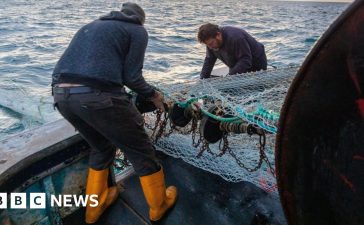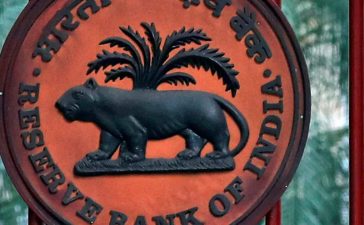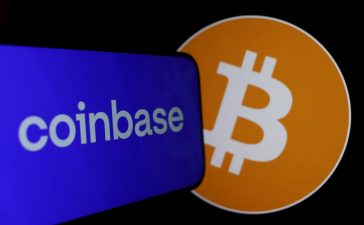
The Mirror Group’s in-house lawyer most likely knew that newspapers were involved in phone hacking since as far back as 1999, a court has ruled.
In the highly-publicised decision in The Duke of Sussex & Ors v MGN Ltd, Mr Justice Fancourt said that solicitor Marcus Partington ‘would have been aware’ of unlawful information gathering’ because he was so involved in ‘legalling’ stories before they went to print.
According to the judgment, Partington joked with colleagues about phone hacking, allowed a House of Commons committee to be misled and failed to properly investigate when the issue started to come to public attention. He was in-house lawyer at The People from 1997 and then at the Mirror from 2002, then became deputy group legal director of Trinity Mirror plc in April 2007 and group legal director of TM plc from 2014 to 2021.
Claimants including Prince Harry alleged that senior executives within MGN and its parent company Trinity Mirror knew about phone hacking, failed to take steps to stop it and deliberately lied to and misled the public and the Leveson Inquiry by falsely denying its existence. It was claimed that Partington would have known perfectly well about these activities as he checked articles for publication.
MGN denied the allegations in full and further denied that Partington had any duty or power to stop unlawful information gathering or make any public disclosure.
Partington admitted that he knew from 2004 that unlawful but not illegal activities were being conducted by journalists or staff at MGN and considered that some of this was in the public interest.
In 2007, Partington helped to prepare Eugene Duffy, a senior editorial manager, to appear before the House of Commons media select committee. The judge said that Duffy told the committee something that was not true and that MGN must have known it was not true.
‘There was concealment of the illegal and unlawful activities that were going on,’ said the judge.
Partington accepted that what Duffy told the Committee was untrue and said that no one at MGN had subsequently corrected it.
Partington had also been involved in 2015 with disclosing details of private investigators used by MGN. The solicitor was unable to explain in evidence why details of some PIs were not disclosed, which the judge described as the ‘bare minimum’ that should have been done. This was a ‘shocking failure’ for a company with a team of in-house and external lawyers, the judge added.
The court heard that Dan Evans, a former Mirror Group journalist and phone-hacking whistleblower, claimed that in 2003 Partington joked in the office about whether any messages had been left for him – the suggestion being that he was referring to messages being hacked into. The judge rejected the solicitor’s attempts to explain this exchange as being innocent and ruled that the comment showed he knew about phone hacking. According to the judgment, the court heard that on, another occasion, Partington quipped to the Sunday Mirror deputy editor that ‘I’ve left my mobile at home, can you tell me if there are any messages on it’.
Emails from the former People reporter and admitted hacker Sean Hoare, showed to the court, had suggested that Partington ‘clearly knows the coup’ and had been present when these activities were discussed. Partington denied these emails showed he knew about unlawful conduct: the judge was ‘wholly unconvinced’ by his explanation and said the matter further demonstrated his knowledge.
The judge ruled that Partington was aware as far back as 1999 that MGN journalists were involved in information-gathering activities likely to be unlawful and possibly criminal. In cross-examination, Partington accepted that in 2004 he realised that journalists at MGN were acting unlawfully. Citing legal privilege, he did not give details of what led him to the realisation.
Partington had sought to distance the in-house lawyer’s involvement in sources of stories, saying lawyers were there to advise, not decide. The judge rejected this assertion.
The judge concluded that there was ‘clear evidence’ that the legal departments of the newspapers knew that unlawful methods were being used as early as 2003, if not before.
‘They did not make the inquiries or commission the investigations that a careful and conscientious director of TM plc would have made,’ he added.
The judge did not make any recommendations about what – if any – disciplinary action should be taken against Partington, who was admitted in 1989. He is listed on Linkedin as a freelance lawyer.










